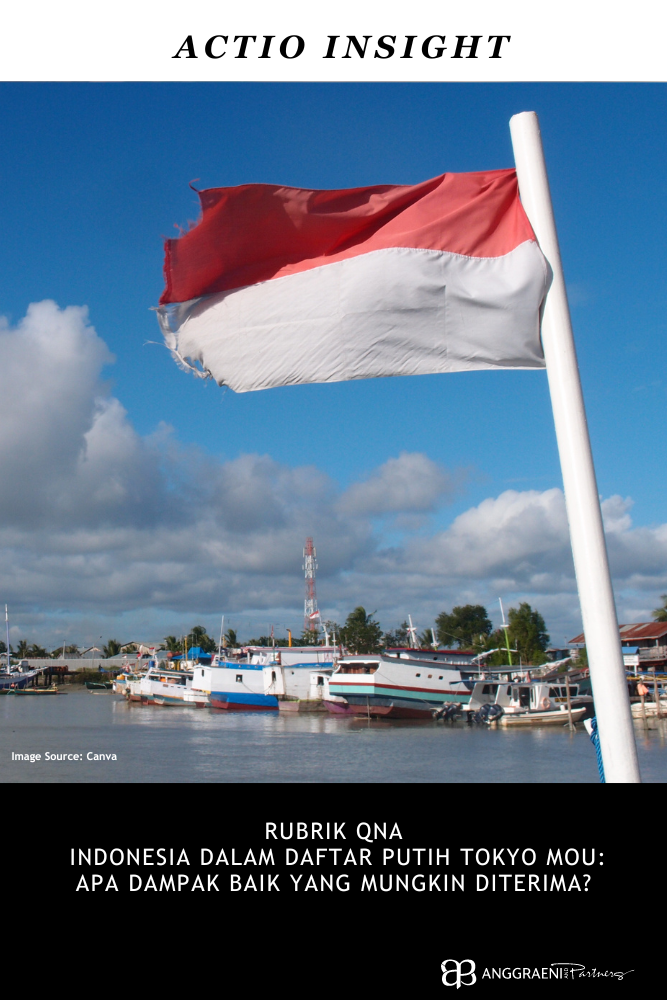- Home
- Capabilities
- ACTIO® Hub
- About Us
- Connect with Us
- AP Library
Article 71 of Law No. 11 of 2020 on Copyright Work (Omnibus Law) amends the Article 33 in Undang No. 36 of 1999 concerning Telecommunications (Telecommunication Law) concerning the use of radio spectrum. In contrast with the Telecommunications Law, Article 71 of the Omnibus Law explicitly states that investors can cooperate in the use of radio spectrum, which has been one medium that plays an important role in telecommunication services, especially mobile-based telecommunications.1
Commissioner of the Indonesian Telecommunication Regulatory Agency (BRTI), I Ketut Prihadi Kresna, stated that the same use of radio frequency spectrum between radio spectrum permit holders and other telecommunication operators can be done for the application of new technologies or the transfer of the use of radio frequency spectrum. With the arrangement of cooperation on the use of spectrum, it is expected that the optimization of telecommunications implementation can occur, namely radio frequency can be allocated to all telecommunication companies (mobile operators) that are national in nature to serve the community, especially for service areas that can not be reached by the public.2 Currently, there are approximately 12,000 villages/sub-district that do not have 4G cellular service so there is still a need for the construction of telecommunication network infrastructure for the 12,000 villages.3
Technical implementation of cooperation on the use of radio spectrum is stipulated in Government Regulation No. 21 of 2021 concerning Postal, Telecommunications and Broadcasting (GR Postal, Telecommunications and Broadcasting ). GR Postal, Telecommunications and Broadcasting explained that the purpose of cooperation in the use of radio frequency spectrum is due to:(i) optimization of the use of radio frequency spectrum; (ii) the cost efficiency of building telecommunication infrastructure using radio frequency spectrum; (iii) expand the coverage of areas served by telecommunication services; (iv) improvement of telecommunication service quality; (v) provide new telecommunication services; (vi) make the price of telecommunication services more affordable for the community;and/or (vii) the fulfillment of the needs of the national interest.4
The purpose of cooperation in the use of radio frequency spectrum is to create the efficiency of network development. If the network development is only done by one telecommunication operator with a limited spectrum, it requires large and expensive funds. As a result, the price or tariff offered to customers will also be expensive so that the public can not enjoy more. In addition, the cooperation of the use of radio frequency spectrum is related to the quality of service. The quality of service received by customers should be good and as optimal as possible. TWK/DGM/HES


